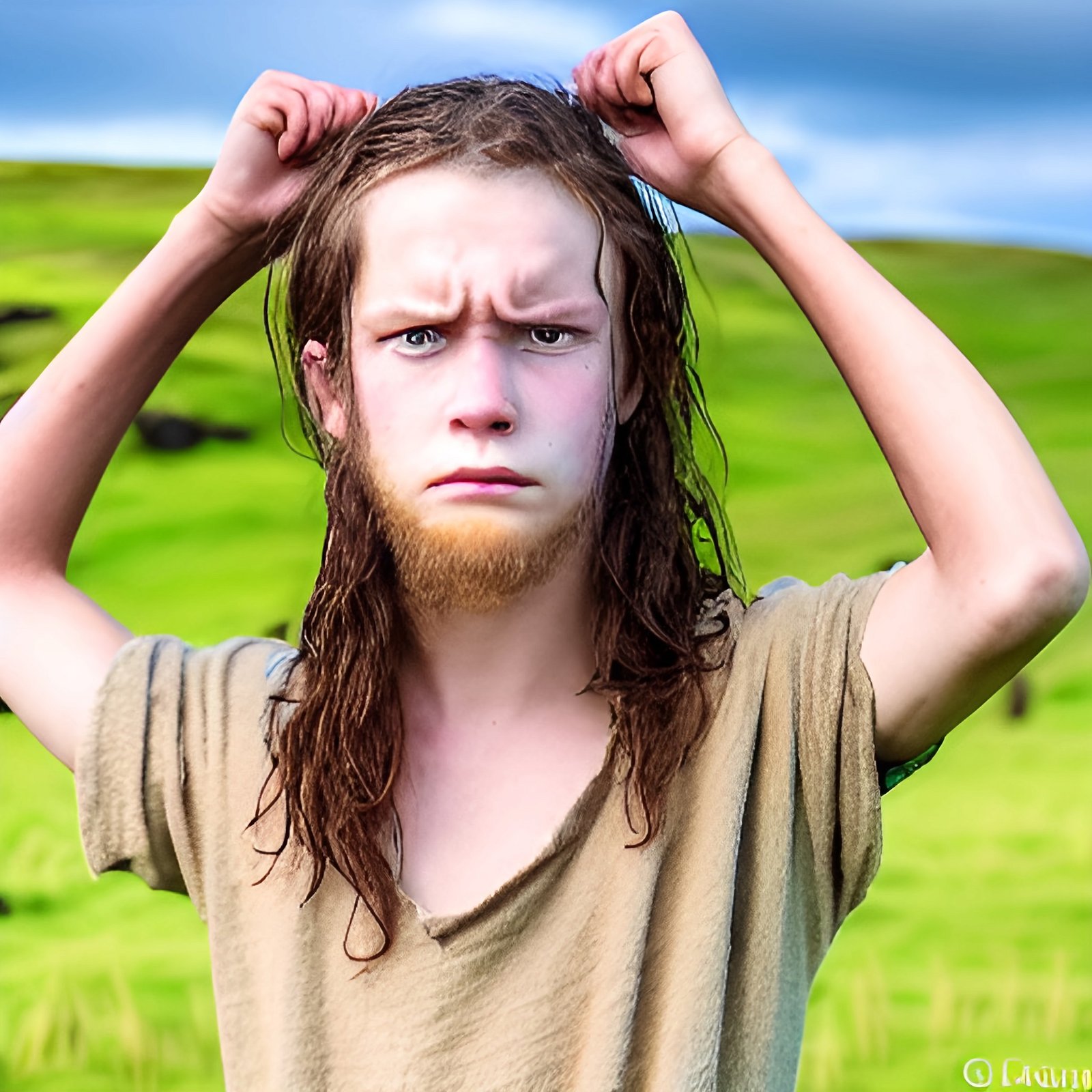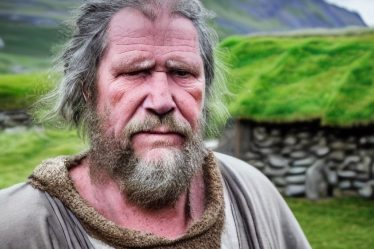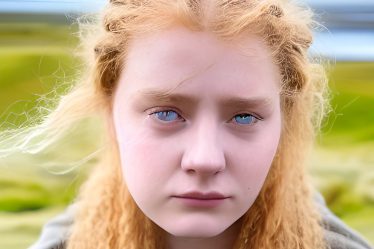
Was tiny when he was born and was not expected to live, but the whole family nourished him as best they could and carried him around day and night, and he survived. They hoped he would make up for his deficiency in physical strength with mental prowess, but that wish has not come to fruition.
Now a teenager, he is still smaller and weaker than other boys of his age and is teased a lot by younger but stronger or bigger children, to which he frequently reacts with helpless rage. In fact, his temper has come to flare almost daily now that he has started to grow a beard, but his voice is still child-like, and he can be heard from far away, shrieking insults. His mother hopes he will calm down once most of his siblings have grown up.
Has a gentle pony of his own, but is not a very good rider.
Likes:
- soft and sweet food, berries, carrots, porridge, cream
Dislikes:
- his tasks, like cleaning the kitchen utensils, gutting fish and berry picking; he wants to help making hay and go looking for lost sheep but his mother won’t let him, saying there’s a task for everyone and every task has to be done, no matter how small it is
- his younger sister who does everything so effortlessly
- board games, because most people beat him at them
- food that is hard to chew
About his disability
Recently I read an article about (Icelandic) names by Guðrún Kvaran where she wrote (translation by myself):
(…) that boys who were barely thought to live were given the name of Ófeigr, that is ’the one who is supposed to live, the one who is not fey’ in the hope that the name gave him strength.
(Guðrún Kvaran: 👉 Nöfn manna, dýra og dauðra hluta, accessed 2023-04-11)
which made me think of the horribly hard time infants had in the Viking Age. (More on that type of thoughts in the article about coming up with ideas for your Old Norse/Viking characters.) I don’t know exactly what Tiny Þórðr’s health problems are. When I wrote up his mini bio, I was tempted to kind of balance his health problems with exceeding intellectual abilities like it has been done with Ívarr beinlausi (Ivar the Boneless) in Ragnars saga loðbrókar ok sona hans (the Saga of Ragnar Lodbrok and his sons), where Ragnar’s son Ívarr is crippled yet not only a strategic mastermind but also a master bowman (I mean, shooting two arrows at the same time and hitting both eyes of a cow! And a magic cow, at that!) (If you want to read the story in a modern translation to German, this is the book for you: 👉 Sagas aus der Vorzeit, Band 1: Heldensagas, else you might want to look out for The Sagas of Ragnar Lodbrok, translated by Ben Waggoner.) But looking at the picture I had made beforehand, it was clear that Tiny Þórðr had not had Ívarr’s luck and that he was super frustrated about it.
Dealing with a disability can be a nightmare at the best of times, and to avoid making his story depressingly grim and dark, I gave him a loving and caring family. That was not a given thing in Viking Age society, as is evidenced in the ruling that infanticide by abandoning is expressly legal in Iceland in the year 1000. If the raiding and pillaging wasn’t enough to make it clear that vikings are not to be glorified, exposing helpless children to die from cold, hunger, or thirst, or an attacking animal should be all you need to realize what a shitty bunch of psychopaths they could be. Not all of them. Some of my vikings take good care of their children; Hlíf does, for example.
About his nickname
I called Þórðr mýslingur first, which means little mouse, literally mouseling. I imagined it to be a fitting nickname given by caring family members to a tiny infant. But during my process of indexing the names of Landnámabók (the Book of Settlement) I encountered a man named Þorsteinn tittlingr and was immediately smitten by the nickname. The literal meaning is „very small bird“, but the word in modern Icelandic is often used to denote very small i.e. tiny stuff, as it obviously did in Old Norse, too. It’s not necessarily a positive moniker, as the word is used by Icelandic kids when bullying a small person, which also happens to Þórðr here.
I also thought about the connotation of the word „mouse“ in a Viking Age setting and I don’t believe it can have had any positive connotation, because mice ate up your precious harvest and starving to death unfortunately was always an option during a hard winter. Thus, tittlingr is the far better nickname.
PS. Note to bullies: Stop bullying people. It not only hurts the people you bully, it also hurts you.


